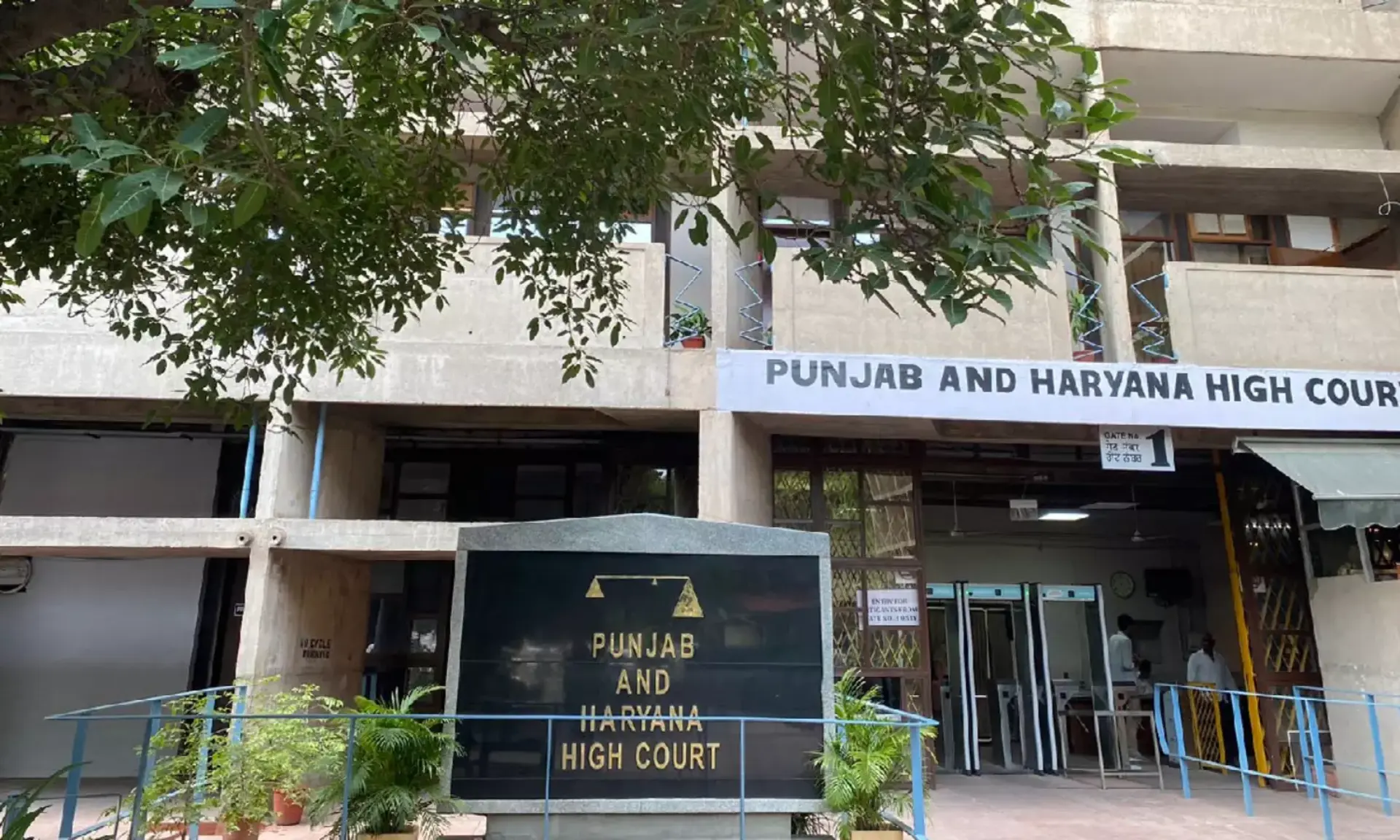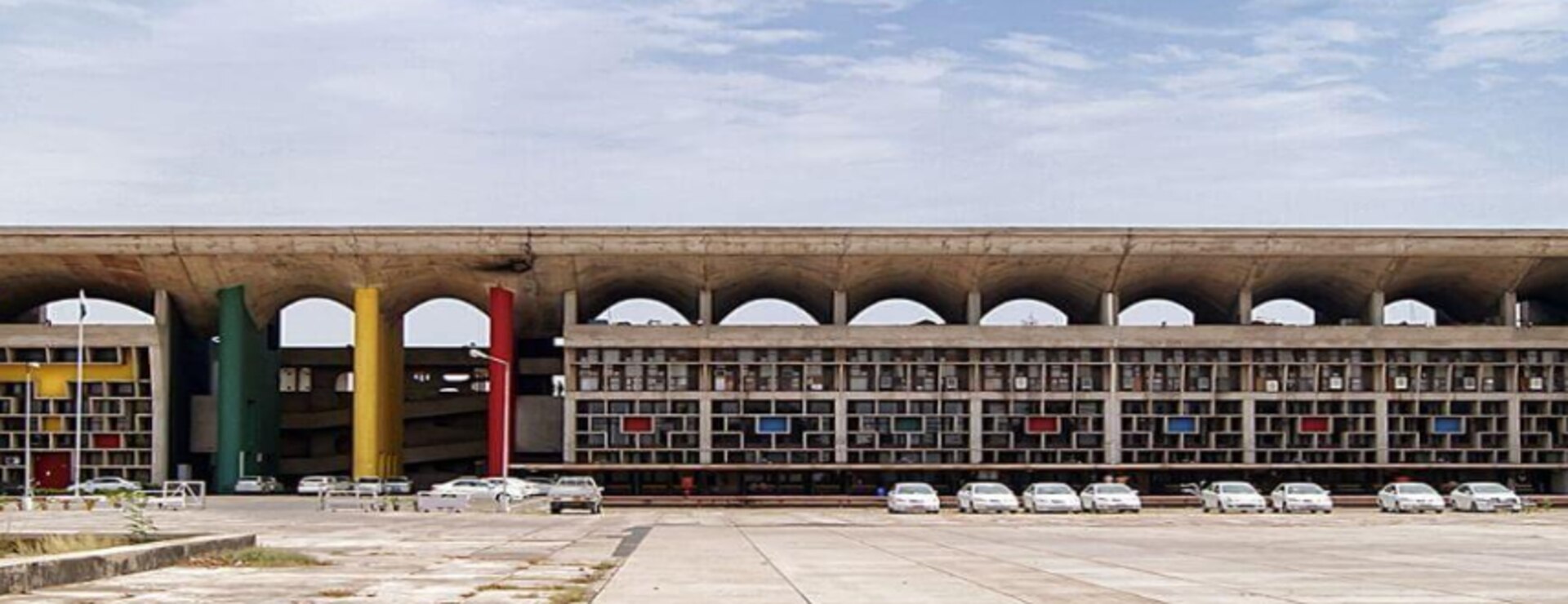
The Punjab and Haryana High Court recently ruled on a contentious petition challenging the Karnal Assembly bypoll notification issued by the Election Commission of India (ECI). The plea, filed by Kunal Chanana, contested the timing and necessity of the bypoll, questioning its alignment with legislative terms and potential financial implications.
Chanana's argument centred on the shortened tenure of the incoming elected member, highlighting the discrepancy between the scheduled bypoll result declaration date and the impending expiration of the Assembly's term. He contended that with the implementation of the code of conduct for fresh general elections looming, the elected member would have limited time to fulfill legislative responsibilities.
The division bench, comprising Justices Sudhir Singh and Harsh Bunger, initially reserved its verdict on the plea. However, on Wednesday, the court dismissed the petition, upholding the Election Commission's notification regarding the Karnal Assembly bypoll. The ruling reaffirmed the schedule for the bypoll, which is set to occur on May 25, coinciding with Lok Sabha polling in Haryana.
Of particular significance is the BJP's nomination of Haryana Chief Minister Nayab Singh Saini as its candidate for the Karnal Assembly seat. Saini's candidacy adds political weight to the bypoll, as he seeks to succeed his predecessor, Manohar Lal Khattar, who vacated the seat to contest the Lok Sabha polls.
The legal dispute surrounding the bypoll notification brought to light the interpretation of Section 151(A) of the Representation of People's Act, which led to conditions for holding a by-election. The petitioner argued that the EC failed to consider the provision which exempts the necessity of a bypoll if the remainder of the member's term is less than one year.
While the court's decision dismisses the challenge to the bypoll notification, it underscores broader legal and procedural debates regarding electoral processes and legislative continuity. The petitioner's concern over the shortened tenure of the incoming member reflects a broader discourse on the efficiency and cost-effectiveness of conducting bypolls with limited remaining terms.
In a parallel development, the Bombay High Court's Nagpur bench recently set aside an Election Commission notification for a bypoll in Maharashtra's Akola West assembly constituency. The ruling, based on similar arguments regarding the tenure of the new MLA, highlights a broader pattern of legal challenges to bypolls across India.
As the legal landscape surrounding electoral processes continues to evolve, the decision of the Punjab and Haryana High Court provides clarity on the validity of the Karnal Assembly bypoll notification, paving the way for a significant electoral contest with Nayab Singh Saini at its centre.












